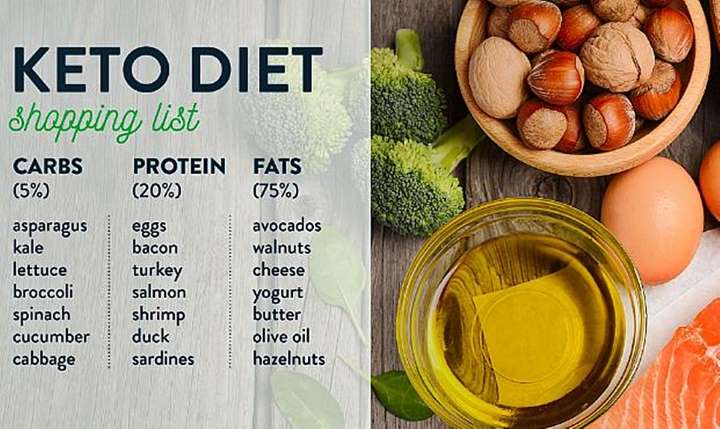You’ve heard about the benefits of a ketogenic diet, but what are the risks? The good news is that the ketogenic diet is highly effective for weight loss. Not only will it help you burn fat and maintain a lean body, it will also keep you healthy and fit. There are many advantages to this type of diet, and you’re bound to find the right one for you. Continue reading to learn more about it!
Exercise
A low to moderate exercise routine is essential to maximizing the weight loss potential of the Keto diet. Moderate to low-intensity exercises boost the metabolism and increase the body’s ability to enter ketosis faster. It can also be helpful for those who find themselves struggling with endurance and performance while training on the . In addition, low-intensity exercise is not detrimental to the body’s ability to burn fat or recompose itself, so exercise is recommended at least three times a week.
Dietary fat
When it comes to diets, you have probably heard about the importance of eating enough fat. For , you can consume as much as 60 percent of your calories in fat, with only 10 percent coming from carbohydrates and protein. The majority of your calories should come from healthy fats, such as olive oil and butter. For example, if you eat 2000 calories a day, you should consume about 165 grams of fat. If you can’t reach that amount, there are a number of techniques you can use to add fat to your diet.
Carbohydrate restriction
The Dietary Guidelines for Americans recommend a daily carb intake of 45 to 65%. Since the brain needs carbs for fuel, carbohydrate intake has been on a steady decline. However, a large government survey found that the average American still consumes half of her daily calorie intake from carbohydrate sources. That is still far below the 5 to 10% recommended for the Keto diet.
Stress
If you’ve decided to try the keto diet, you’re probably feeling a lot of pressure about starting it. After all, the high-fat foods are packed with calories. You can easily lose weight by burning them off, but a high-stress lifestyle may hinder your weight loss. Chronic stress can lead to hormone imbalances and weight gain, as it may make you crave comfort foods that add unnecessary calories. If this is the case for you, then stress and weightloss with keto are not the same.
Sleep deprivation
Weight loss and sleep deprivation go hand in hand, and a combination of both can be detrimental. The reduction of carbohydrates reduces insulin levels, which in turn cause the kidneys to retain less water. When you are dehydrated, you must frequently wake up to pee, which decreases your sleep quality. On top of that, the lack of fluids on keto causes a lack of electrolytes in the body. Low sodium levels, which keep the brain alert and focused, are also responsible for the reduced production of norepinephrine, the hormone that keeps you awake.
Gut health
The microbiome of the gut is a crucial part of our overall health and is impacted by many factors, including the foods we eat and the stress we experience. The gut is also susceptible to disease when it is not healthy. In addition, a diet that’s high in fat or low in carbohydrates is bad for our gut microbiome. In fact, the human gut contains over 1000 different bacterial species, and it has a pivotal role in overall health. It has been called the “hidden metabolic organ” because of its influence on host metabolism, nutrition, and immune function.
Nutritional intake
The best way to ensure that you’re eating enough calories for your body’s needs is to limit your fat intake. While the ketogenic diet is very low in carbohydrates and high in fat, it can be difficult to maintain a healthy weight without enough carbohydrates. That’s why it is important to limit your intake of unhealthy fats such as sugar. Avoid eating fatty, high-calorie snacks like fat bombs, which can be made with coconut oil and chocolate. These snack alternatives contain unhealthy trans fats and should be avoided in moderation. Moreover, you should drink lots of water during this diet to avoid dehydration.
